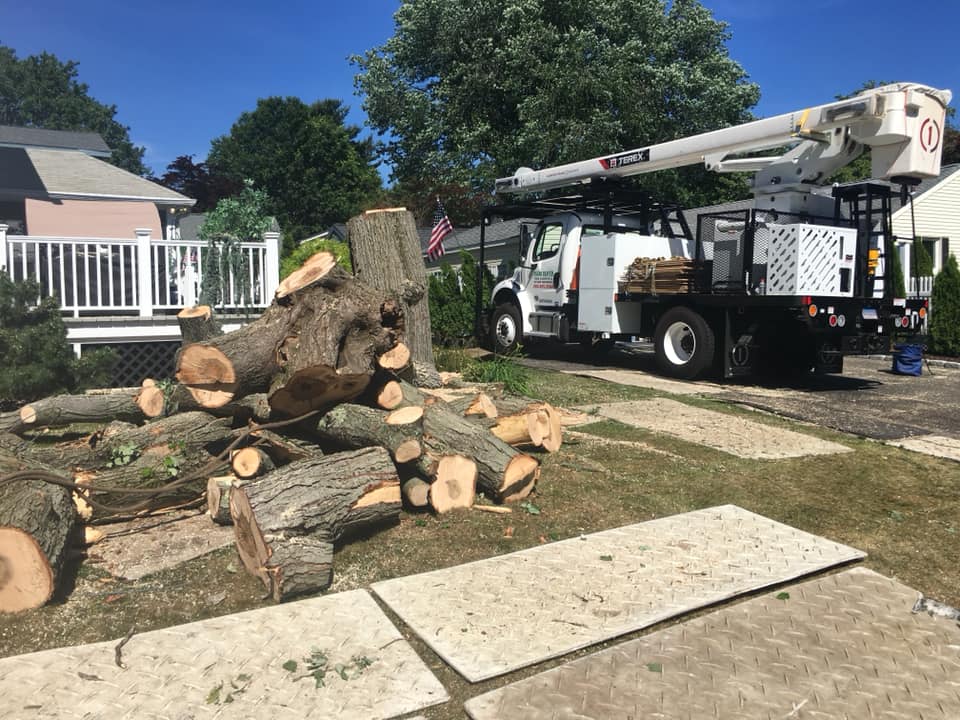Tree removal is a last resort but should be done soon ASAP if necessary.
Trees offer countless benefits. In your backyard, trees are beautiful and comforting. Trees bring so many benefits that it can hard to part with them even if they are dying. However, it is important to remember that dying or dead trees can fall at any moment and cause injuries and property damage. There are signs that you should watch out for to determine if you should seek help from a tree removal company.
Signs of infection is a clear clue that tree removal is required
If you see deep cracks in the tree’s bark or discolored or misshapen leaves, it could be a sign of infection. Crown dieback, i.e., the dying back of branches and branch tips in the upper and outer portions of the tree crown could also be an indicator of infection. Appearance of fungi may also indicate that the tree is infected.
Root decay
The roots of the tree are the biggest indicator that it needs to be removed. If the tree’s roots are damaged or decaying, it is a sign of a serious problem. In case you find the ground around the tree heaving or the roots appear to be severed, these are tell-tale signs of serious tree damage. Growth of fungi around the tree is also a sign of root decay. If the roots of the tree are not healthy, it will affect the overall health of the tree as well.
Dead branches in the tree’s crown
The large, dead branches in the canopy of the tree are also sometimes known as widow makers, because they can cause serious accidents and death of those below. Ideally, if more than half of the tree is damaged or dead, then it should be removed to ensure safety of everyone.
Storm damage
Strong winds can cause considerable damage to trees and in come cases, the damage can be so severe that it causes root failure, crown twist or a complete blow-over. A tree that suffers such serious damage eventually dies and can pose serious threat to people and property.
Hollow or leaning tree
While not all leaning trees are dangerous, a tree that suddenly starts leaning to one side could indicate structural problems and may require removal. Also, if a tree has a hollow trunk, it could be a serious safety hazard. It is said that if about a third of the three is hollow inside, it should be removed.
Unwanted growth
Growth of something odd or unwanted such as an unwanted plant, mushroom or fungi could signal a disease. If you find insect infestation around the trunk, roots or elsewhere on the tree, it could signal a disease.
Shedding
Sometimes excessive shedding of unwanted leaves, sap, seeds or needles can also be a reason for tree removal. If debris accumulation is creating problems for the property owner, they may consider tree removal.
Risk of property damage
Extensive root systems and large branches may cause serious damage to the structures on the property. While tree removal may not be necessary in all such cases, it is best to seek professional assessment to find out your options.
Blocks view
Large trees on your property can have great aesthetic value but sometimes they can block view or cast too much shade. Again, in some cases, it may be possible to simply prune the tree to open up the view or get some light inside the house, but sometimes tree removal may be the only solution.
These are just some of the reasons that may necessitate tree removal. It is best to have get a professional assessment done to find out if the tree can be saved or removal is the best choice.

